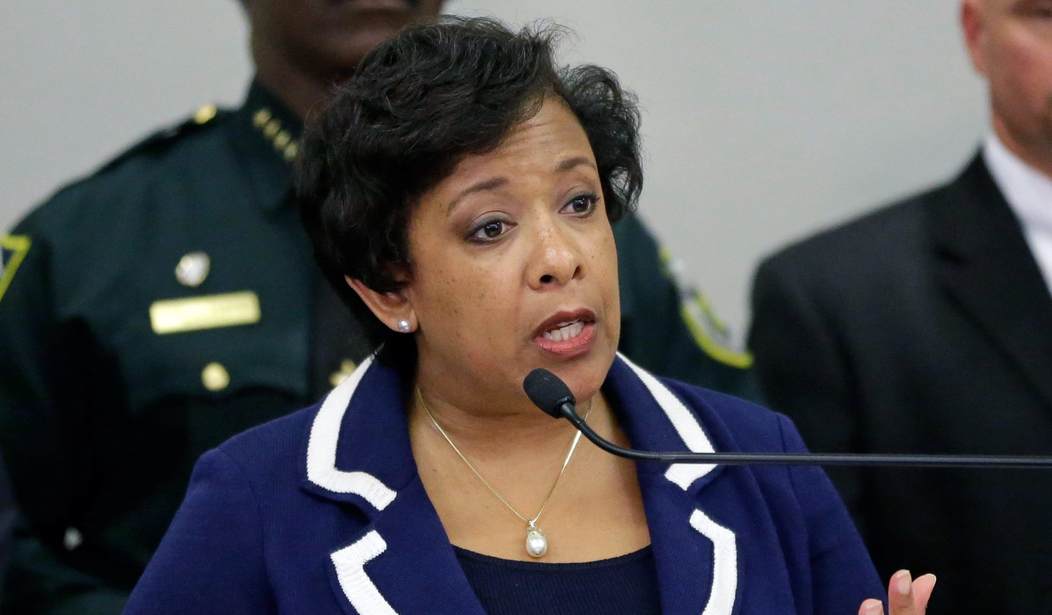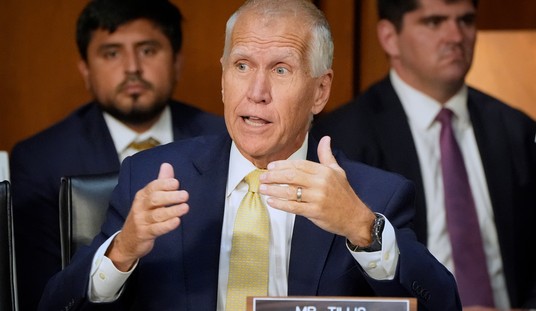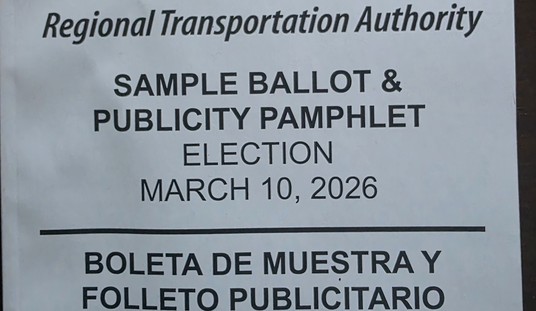The originally redacted partial transcript of jihadist Omar Mateen’s 911 calls during his June 12 attack on an Orlando LGBT nightclub was perhaps the quintessential product of American national security policy.
In particular, its heavy use of “[Omitted]” singularly defined our cowardice, ignorance and willful blindness in response to the Islamic supremacist threat.
Importantly, the Department of Justice’s decision amid criticism to relent and unredact the partial transcript does not change the fact that the government’s first instinct was to obfuscate.
While many are just now wringing their hands at the Obama Justice Department’s transparently asinine and politically correct original decision to scrub Mateen’s own words, lost is that the most egregious original redaction of all perfectly illustrates a perfidious see-no-Islam stance that has characterized our homeland insecurity establishment for almost a decade:
OM: I pledge allegiance to [omitted] may God protect him [in Arabic], on behalf of [omitted].
Countering Violent Extremism, also known as “CVE,” which governs the Department of Homeland Security’s (DHS) counterjihadist counterextremist efforts, explicitly calls for covering our eyes to and blotting out words associated with the jihadists’ self-proclaimed animating Islamic supremacist ideology.
Homeland Security’s Office for Civil Rights and Civil Liberties published a report in January 2008 titled “Terminology to Define the Terrorists: Recommendations from American Muslims” that has proved to be impactful in this context. The document calls for caution among federal authorities when it comes to (i) using terms such as “jihadist,” “Islamic terrorist,” “Islamist,” and “holy warrior,” and (ii) using theological terms themselves in the context of the global jihad.
Expert Recommendation 3 of the report, “Proceed carefully before using Arabic and religious terminology,” reads:
USG [U.S. Government] officials may want to avoid using theological terms, particularly those in Arabic, even if such usage is benign or overtly positive. Islamic law and terms come with a particular context, which may not always be apparent. It is one thing for a Muslim leader to use a particular term; an American official may simply not have the religious authority to be taken seriously, even when using terms appropriately.
Got it? The federal government should not use the lexicon of jihadists seeking to destroy our nation because it lacks religious standing.
Seen in this light, to purge language in any way tied to Islam from law enforcement training materials, sack individuals who understand the Islamic supremacist threat doctrine from key national security posts, and redact transcripts of jihadist calls are natural reactions to such a policy.
The Homeland Security Advisory Council’s June 2016 Interim Report and Recommendations for the DHS Countering Violent Extremism Subcommittee invokes the aforementioned 2008 report, making clear that there is continuity in this policy. It reads in part:
Often without knowing it, we have constructed language in daily use that promotes an “us and them” narrative of division. Though it was within the context of the “War on Terror,” the Department’s 2008 guidance about lexicon is important to review as it has bearing on groups like ISIL. It instructs the Department to ensure terminology is “properly calibrated to minish the recruitment efforts of extremists who argue that the West is at war with Islam.”
Among the report’s recommendations is a call to “reject religiously-charged terminology and problematic positioning by using plain meaning American English.” American English is to replace “religious, legal and cultural terms like ‘jihad,’ ‘sharia,’ ‘takfir’ or ‘umma.’”
Presumably, one step further than replacing Islamic terms with English ones is to excise words associated with Islam altogether, especially when the user of the words is a jihadist allegedly declaring allegiance to ISIS in the name of Allah.
The omission of the words and thus the beliefs of our jihadist foes from the public record – even if in this case corrected – will prove to be a continued sin for our nation, as will doubling down on the Muslim Brotherhood-inspired CVE agenda as it appears our Republican Congress is wont to do in the wake of this latest attack.
These policies will ensure that justice will never be served for the victims in Orlando, let alone the thousands of other victims of jihad across this country and throughout the world.
For if you do not know your enemy, you cannot hope to defeat him.









Join the conversation as a VIP Member